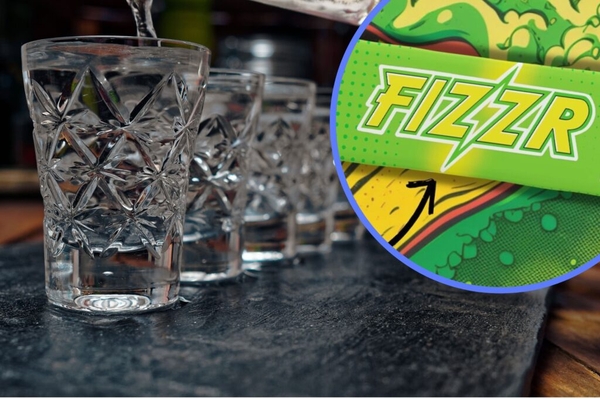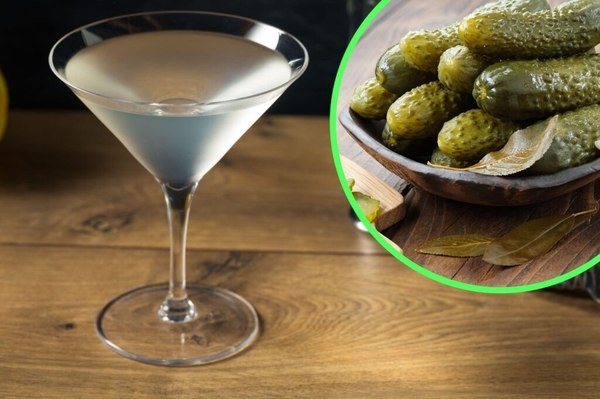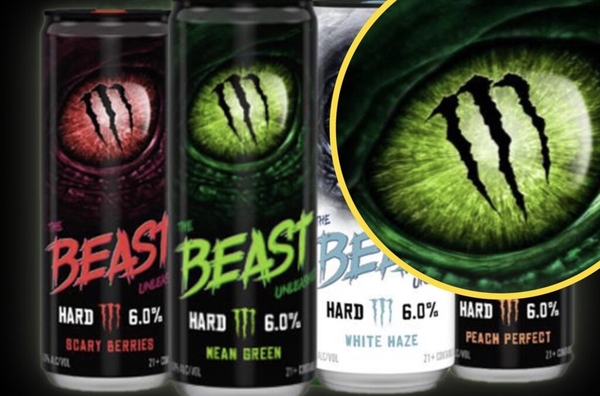Uncategorised
Gordon Ramsay hits back after accusations of cultural appropriation
16 Apr 2019
3m

Gordon Ramsay has found himself at the centre of controversy this week after accusations of cultural appropriation were levelled during the opening of his first new London restaurant in almost five years. The new venture, the “Lucky Cat” restaurant, was described as an “authentic Asian eating house” when it was announced last month, and was officially launched at a preview event in the heart of Soho this week. However, both the event and the restaurant itself have generated significant criticism from some of those present.
In a review of the preview for Eater London, reporter Angela Hui, who is herself of Asian descent, described her dismay at what she saw as an attempt to whitewash and dilute true Asian cooking and culture, and labelled the event “a real life Ramsay kitchen nightmare.” She went further, criticising the location as feeling “more seedy nightclub than Asian eating house” and expressing her anger at being “the only east Asian person in a room full of 30-40 journalists and chefs.” She documented her experience on her Instagram account, where she summed up the event by sarcastically writing, “Japanese? Chinese? It’s all asian (sic.) who cares”.
Hui’s assessment immediately attracted attention from across the industry. Several leading lights were quick to lend their support, such as chef and restaurateur George Chen, who tweeted, “Is the famous chef going to curse at his white cooks in Asian or what? Every chef has a right to interpret another cuisine but the integrity and culture (read authenticity –albeit I hate that term) needs to be studied in depth and not whitewashed for marketing purposes.” Chen also questioned the naming of one of the restaurant’s cocktails, saying that the “Lucky Geisha” label was “Charlie Chan stereotypes all over again.”
Amid the criticism, Ramsay was quick to respond. Taking to Instagram, the world famous chef defended the new restaurant and hit back at what he viewed as unfair accusations from Hui, writing that, “Despite the very positive feedback from guests, there was, regrettably, one offensive response from the night which I have to call out,” continuing, “the slew of derogatory and offensive social media posts that appeared on Angela Hui’s social channels, were not professional.” He added that “It is fine to not like my food, but prejudice and insults are not welcome,” before criticising Hui for describing executive chef Ben Orpwood’s Asian wife as a “token”.
Ramsay is not the only big name to find himself embroiled in controversy concerning Asian cooking. A new restaurant in New York city, “Lucky Lee’s”, came under fire after claiming to serve “clean Chinese food” that wouldn’t make people feel “bloated and icky the next day”. The restaurant, which is run by a Jewish American couple, was heavily criticised for perpetuating stereotypes about Chinese cooking and culture.
Much of the current controversy centres around Ramsay’s use of the word “authentic”. While several prominent critics have pointed out that there is no problem with reinterpreting and playing with classically Asian recipes and ideas, the issues start when someone not from a particular culture claims a way of cooking as their own. It remains to be seen whether Ramsay’s new restaurant will suffer as a result of what looks like a rocky start.


